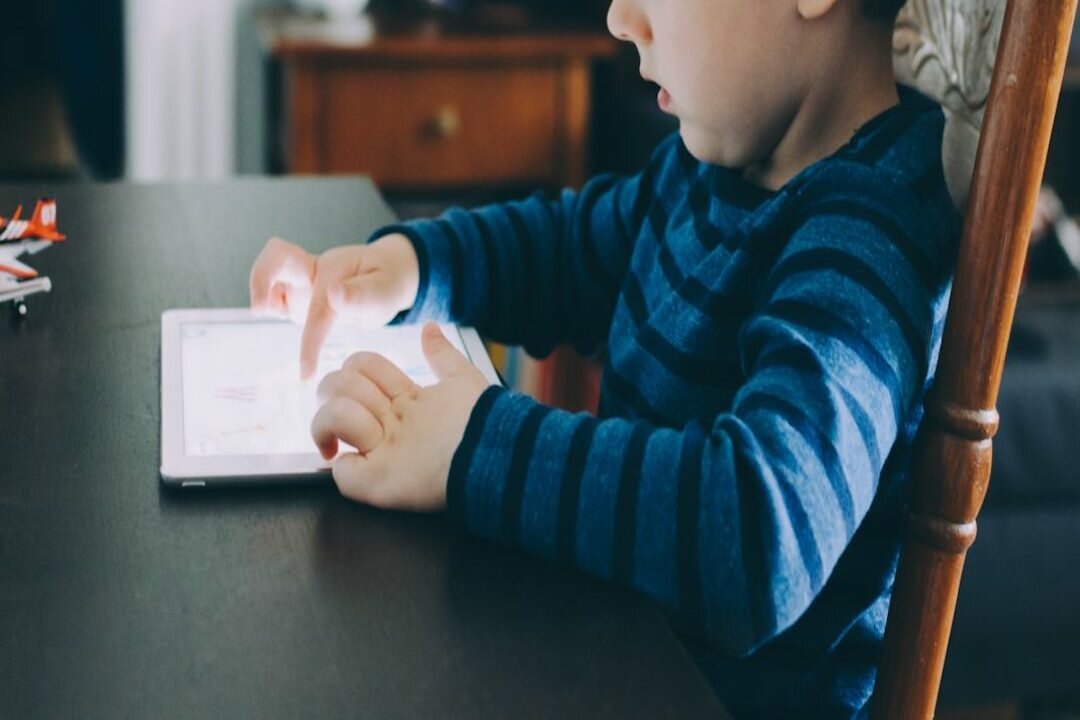Brief • 3 min Read

Parents have long attempted to restrict their children’s screen time, but in the face of the pandemic most ‘old’ rules don’t apply. More than half of parents (54%) in The Harris Poll Covid-19 Tracker indicate they have been giving in to more screen time to occupy kids since stay-at-home orders began. And 31% admit they’ve been using screens more as a babysitter in the past month – not entirely surprising as many are balancing this new normal. For parents, using TV as a babysitter is like most tech behaviors – a mixed bag. It improves relaxation (for 36% of parents), but also increases anxiety (for 21%).

Adults are also getting in on increased screen time. 41% indicate they are binge watching TV and movies more than they were a month ago. This is a source of relaxation for many (33%) but for most it is simply passing time – not strongly impacting their emotional or physical well-being.
Americans are also using their screens for relatively new behaviors. One-in-ten report are doing more virtual experiences (like visiting a zoo or museum remotely) or more with virtual collaboration tools. Perhaps counterintuitively, for some these activities actually amplify feelings of loneliness (22% and 25% respectively), anxiety (21% and 27%) and grief (20% and 17%). This could be due to the fact that these newer behaviors serve to remind us what we’ve lost, that users aren’t yet fully comfortable with the technology yet, or perhaps, the technology isn’t yet delivering the optimal experience.
Methodology
This survey was conducted online within the United States by The Harris Poll from March 6-8, 2020 among 2,000 U.S. adults ages 18 and older. This online survey is not based on a probability sample and therefore no estimate of theoretical sampling error can be calculated. For complete survey methodology, including weighting variables and subgroup sample sizes, please contact [email protected].
Subscribe for more Insights
Subscribe to our newsletter for the latest trends in business, politics, culture, and more.
Related Content









